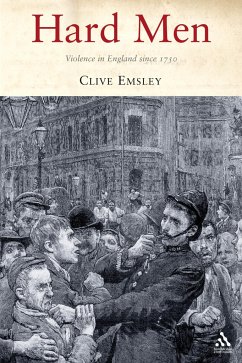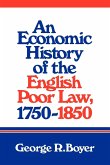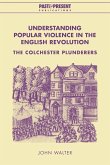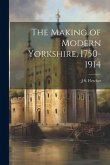The garrotters who terrified London in 1862, the Irish Fenians who carried our terrorist bombings in London and the gangs who dominated parts of the East End in the early years of the twentieth century all used violence to achieve their ends. Hard Men is a survey of the changing pattern of violent behaviour, public and private, in England over two hundred and fifty years. People in the eighteenth and nineteenth centuries were certainly more tolerant of domestic violence and rough communal sports and celebrations than their grandchildren. Contentious public meetings, notably elections, could end in serious injuries; the state and the police exercised control by violent means where they deemed it necessary; and there were of course violent crimes committed by men, women and children. While the exercise of violence reflected changes in society and attitudes, it is difficult to point to a golden age in the past without it.
Hinweis: Dieser Artikel kann nur an eine deutsche Lieferadresse ausgeliefert werden.
Hinweis: Dieser Artikel kann nur an eine deutsche Lieferadresse ausgeliefert werden.








